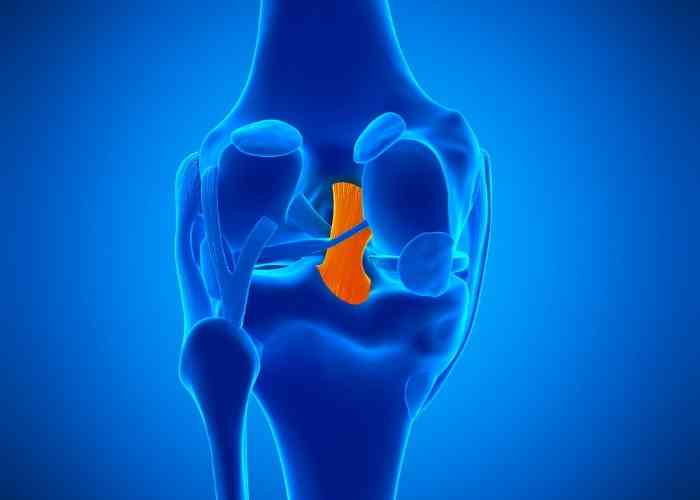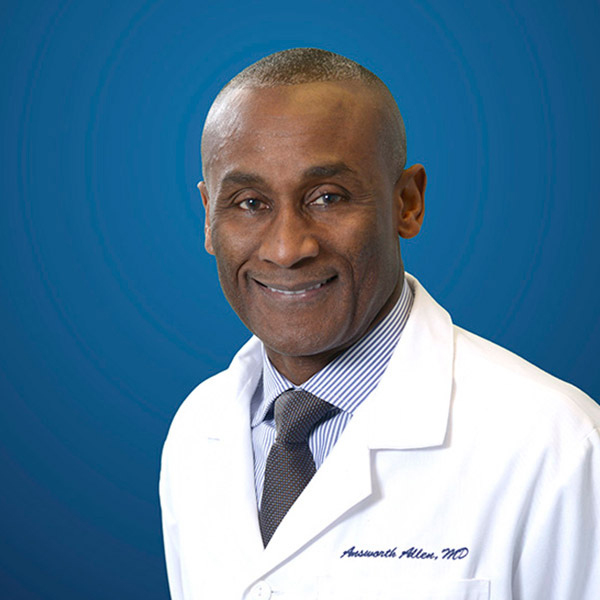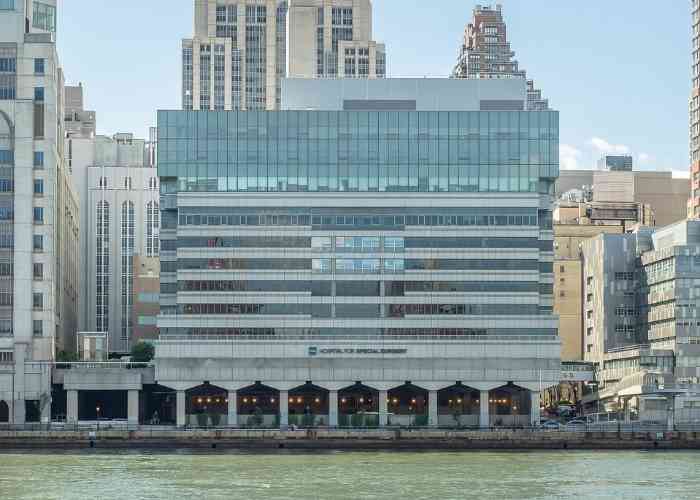What is a posterior cruciate ligament injury?
There are four main elastic bands (ligaments) within the knee complex. The posterior cruciate ligament (PCL) works in conjunction with the anterior cruciate ligament (ACL) to limit forward and backward movement of the tibia (shin bone). The PCL is the strongest of the four ligaments but can still sustain damage if a substantial force is placed upon the front of the knee. If the tibia moves too far back behind the femur, the PCL can be stretched or in some cases, partially or completely torn. An injury to the PCL can be caused by a sports-related incident, such as a low tackle in football, a serious fall, or a motor vehicle collision.

What is the treatment for a PCL injury?
In the event of an isolated PCL injury, where the structures within the knee complex did not sustain any damage, conservative therapy might be adequate to properly heal this ligament. However, the majority of PCL injuries are not isolated to only the PCL. When other structures within the knee sustain damage as a result of a traumatic event, surgical intervention may be required to restore stability and function to the knee. PCL reconstruction surgery utilizes a tendon graft, either from the patient (autograft) or donor (allograft), to provide a surface for new ligament tissue to grow. Dr. Answorth A. Allen, orthopedic knee surgeon, treats patients in Manhattan, New York City, Westchester, Long Island and surrounding areas who are in need of a PCL reconstruction.
How is PCL reconstruction performed?
Dr. Allen favors the arthroscopic approach for PCL reconstruction surgery. This minimally invasive surgical technique involves a small camera (arthroscope) to visualize the muscles, tendons, and ligaments of the knee joint, and specialized surgical instruments to complete the necessary repairs. Prior to surgery, a nerve block is administered for anesthesia. To successfully reconstruct the posterior cruciate ligament, a tissue graft is harvested from the patient (autograft) or donor (allograft). Allografts are more commonly utilized as they allow for an easier recovery and reduce the risk of the PCL rupturing again. The tissue graft is fastened to the posterior (back) femur and is situated near the torn PCL. A bone tunnel is created in the head of the tibia where the new PCL ligament is passed through. The tissue graft is then attached to the tibia with special surgical anchors that are secured within the bone. Once the knee has been evaluated for stability and range of motion, the arthroscope and surgical instruments are removed, and the incisions are closed with sutures or steri-strips.
What is the recovery period like after PCL reconstruction?
The PCL reconstruction recovery period is determined by the type of tissue graft utilized by Dr. Allen. Most patients can expect to return to normal daily activities in approximately 6-9 months. A patient’s recovery is also affected by the ability to comply with Dr. Allen’s post-operative care instructions. Patients in New York can typically expect the following:
- A bendable knee brace is applied immediately following surgery to support and protect the ligament while it heals.
- A combination of rest, ice, elevation, and non-steroidal anti-inflammatory medications are encouraged for pain management. Dr. Allen will also prescribe pain medication to be taken as directed.
- Dr. Allen will create an individualized physical rehabilitation program based upon the intra-operative findings. The key to a successful recovery following PCL reconstruction is largely determined by the patient adhering to and completing this physical therapy program.
PCL Tear Surgeon

Have you experienced a recent blunt force trauma to the knee, including a motor vehicle accident or a fall? If so, you may have experienced a PCL injury. Damage to this ligament in the knee can cause pain and instability. For more severe cases, arthroscopic restoration is often recommended. Complex knee expert Doctor Answorth Allen provides diagnosis and personalized treatment plans for patients in Manhattan, New York City, Westchester, Long Island and surrounding areas. Contact Dr. Allen’s team today!






